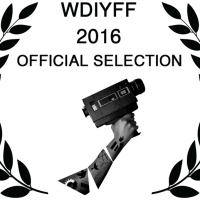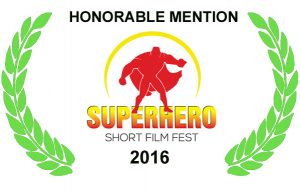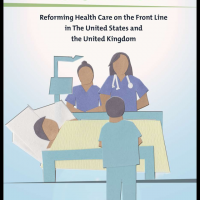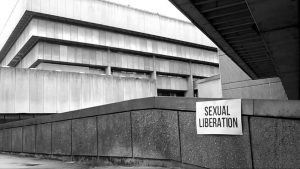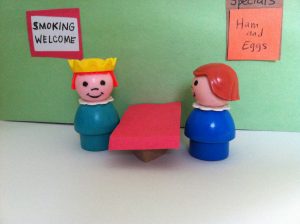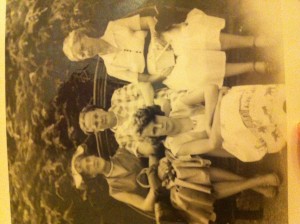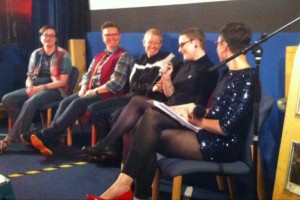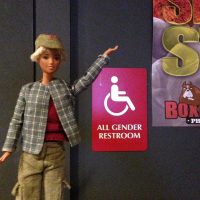
 Who could have guessed how surreal things would actually become when I first put “As Surreal As It Gets” on my website 15 year ago? I am glad that I have a body of work that stands in opposition to the status quo, and hopefully uses joy and goodwill to challenge white mainstream complacency in the face of such deadly threats to vulnerable people.
Who could have guessed how surreal things would actually become when I first put “As Surreal As It Gets” on my website 15 year ago? I am glad that I have a body of work that stands in opposition to the status quo, and hopefully uses joy and goodwill to challenge white mainstream complacency in the face of such deadly threats to vulnerable people.
Here’s a rundown of some of my activities this summer, and some festivals coming up in the fall. (In reverse order of things happening.)
I was able to catch my friend Saul in Philadelphia, and he let me record him and Veronica talking about Informe-SIDA. They tell the story of how their HIV/AIDS information service began — in Texas, where consensual gay male sex was illegal, and there were no health services in Spanish. That is just the kind of history that I try to make sure doesn’t get lost. I hope someone will make an even bigger/better record of their important and lifesaving work. I started Dykeumentary as a way to make a record of people, especially my queer friends, in their own words, and owned by them.
I am working on my first commissioned movie! Wotever DIY Film Festival, based in London, asked me to make a Faggotgirl short to play at their 2016 festival, happening the DIY Space For London September 3-4, 2016 — an accessible venue! I’m flattered and I am happy that I have made a movie that addresses the issue of bathrooms AND accessibility. Everyone has bathrooms on the brain because of the hateful North Carolina HB2 bill, and I figured while we are thinking about bodies in bathtrooms, why not use the political will of this moment to make sure truly ALL bodies enjoy the privacy and accessibility of public restrooms?
My movie “Like A Riot” was chosen to show at Wotever DIY Film Festival on 3-4 September 2016, and the Scottish Queer International Film Festival, in Glasgow, Scotland on September 29 – Ocotober 2, 2016, to be shown as part of their feminist shorts program. Hilarious. They sent me laurels and everything. I wish I could go, I’ve always wanted to visit Scotland.
This weekend,“Faggotgirl Does(n’t Do) The MTA” showed at GAZE International LGBT Film Festival in Dublin, Ireland, as an example of Wotever DIY films. The WDIYFF has been doing an outstanding (and international) job of promoting DIY film, and I am very appreciative of their work. I’m happy that something I made showed in Ireland, because both sides of my family emigrated (unhappily) to America from Ireland in the 20th century, as Roman Catholics from the British-controlled northern counties. I hope they are all having a good laugh and a drink that their great/granddaughter is poking fun at oppressive abuses of power.
There was also this big lezbo camping fest, LFEST, that i absolutely MUST go to one day, and Theresa Heath curated the film tent. She showed “The Genesis of Butch and Femme” and reported that the audience laughed at all the appropriate places!! Triumph! Here’s a blurb about how LFest went.
AND “Until Justice Rolls” was shown in Scotland as part of “Queers In The City” curated by SQIFF. “A selection of shorts looking at the relationship of LGBTQ+ people to cities. In depicting anonymous cruising, lamenting gentrification, showing cities as a backdrop to loneliness and personal pain, and creating comedy subversion of urban imagery, these films recognise the unique place of queers in the city space. Featuring work by both international and local artists plus a filmmaker Q&A”
“Until Justice Rolls” was an Honorable Mention at the Superhero Film Festival, but other than that, I’ve been rejected from 23 film festivals. Becky and Ellen laugh at me every time I am sad to be rejected, and now that its happened so many times, I understand what they were saying. 